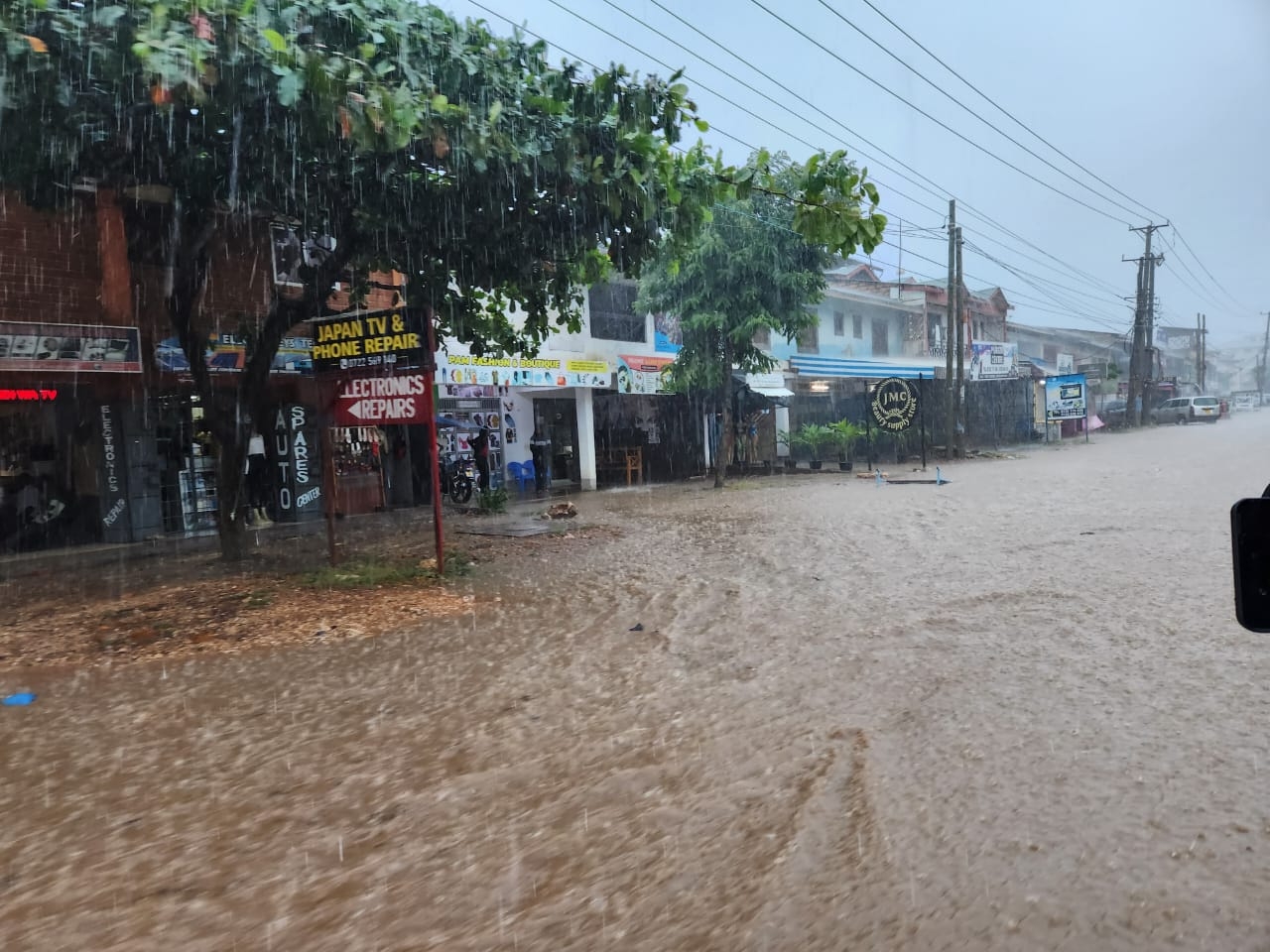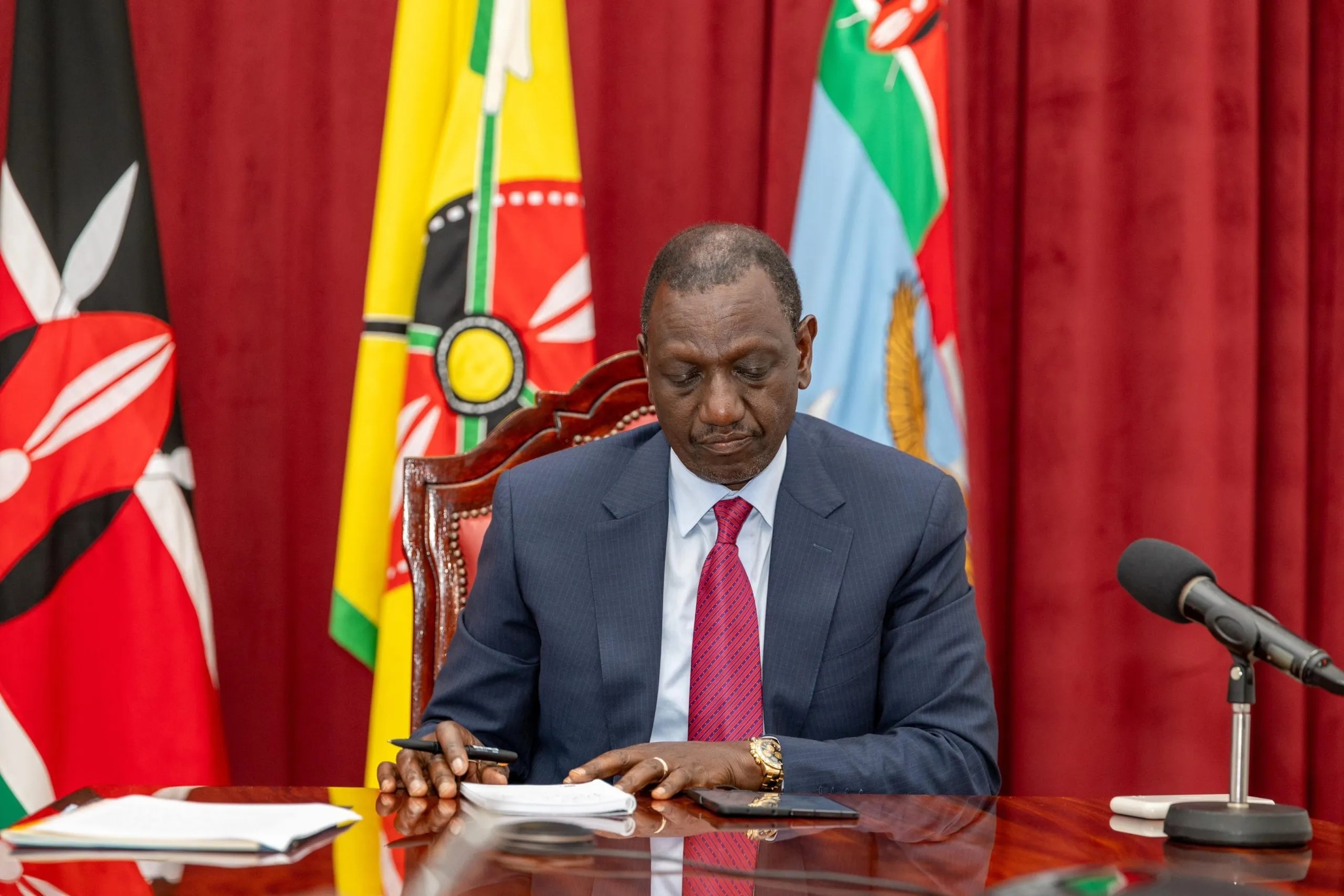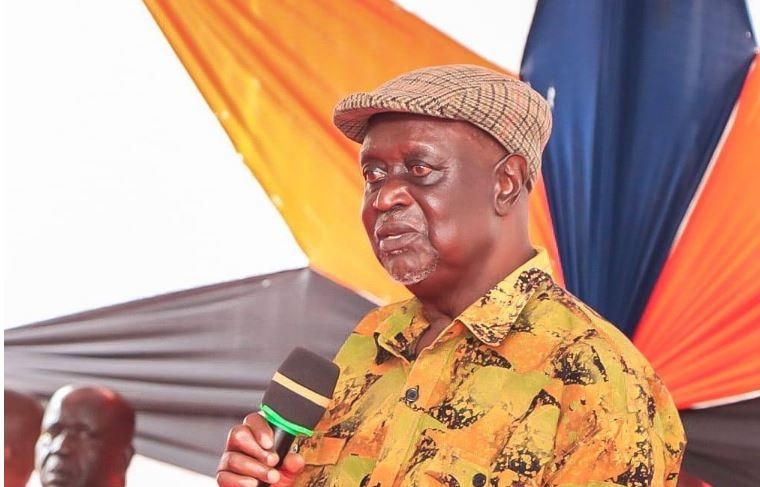Kenya is amongst the countries on the UK's red list, meaning travellers who have transited through Kenya are barred from entering the UK. The country’s inclusion on the list caused uproar amongst Kenyans, and through the Ministry of Foreign Affairs, the response was in equal measure, travellers from the UK to Kenya are to face similar treatment.
This kind of politics, because that’s what this is, affects ordinary people and has caused great anger and anxiety to many, including businesses, Kenyan students and families wishing to travel home. So when news broke that President Uhuru Kenyatta and UK Prime Minister Boris Johnson had spoken, many hoped it was time to remove Kenya from the list.
However according to press releases from the UK government and Kenya, the conversations focused on the Global Education summit aimed at ensuring access to education to more than 175 million children, action on climate change ahead of COP26, which the UK is hosting, and regional politics.
The presser mentions that the leaders also spoke about coronavirus but no specific details. As the host of COP26, having Kenya support the UK's climate change agenda will be a great boost to Boris’s profile whose administration ratings are at a record low due to his handling of the Covid-19 pandemic.
To date, more than 150,000 Britons have died from Covid-related causes. And, just like Kenya, (a tale of two countries) Boris's teams have been accused of nepotism, fraud, taking advantage of the pandemic to give procurement contracts to his cronies—read about the Dyson scandal. Seems Covid millionaires and tenderpreneurs are not only a Kenyan thing.
In that regard, I suppose the two leaders had plenty to talk about.
Kenyans would have liked the President to task the Prime Minister on the UK's vaccine nationalism. Despite empty promises of ‘working together' the UK has access to over four times more vaccine doses than are needed, whilst countries such as Kenya are struggling to access the vaccine.
The President should also have asked for Kenya to be removed from the red list as the country has handled the pandemic slightly better than the UK and has managed to mitigate the spread of Covid. The President should have insisted that having Kenya and 17 other African countries redlisted was discriminatory and goes against the global efforts of stopping the virus.
Kenya has been anything but a great partner to the UK, signing the Economic Partnership Agreement, which guarantees continued trade between the two countries and providing a training base for the UK's military. In return the Boris Johnson government has cut its international aid budget, which Kenya taps into particularly for development purposes. This partnership isn't equal and it’s time Kenya pushed for more.
President Kenyatta should have represented Kenya on this call. For as long as Kenya remains on this discriminatory list, and for as long as Kenyans struggle to access the vaccine, Uhuru failed.
Edited by V. Graham)



















